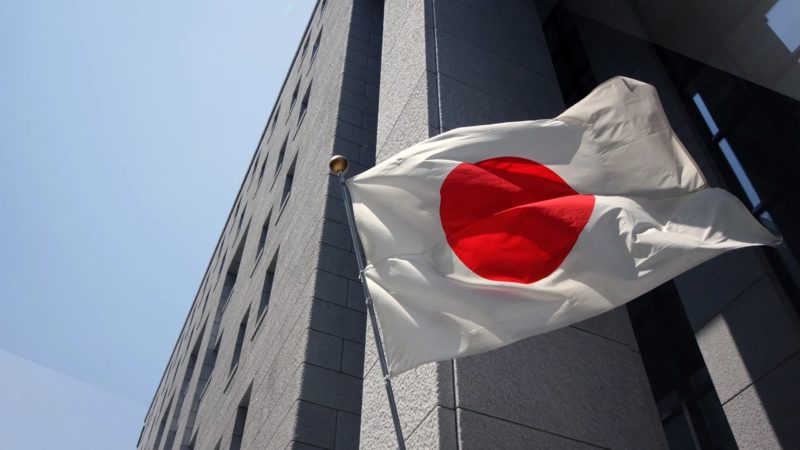French Senate Adopts Bill Banning Anonymous Cryptocurrency Transactions, Threatening Financial Innovation
The French Senate has passed a bill in its first reading aimed at prohibiting any form of anonymization in cryptocurrency transactions. Under the pretext of combating money laundering and drug trafficking financing, the legislation directly targets mixing services and privacy-focused cryptocurrencies like Monero.
This measure is part of an anticipation strategy for upcoming European regulations, particularly Regulation (EU) 2024/1624, which will impose a ban on accounts enabling transaction anonymization from July 2027 onwards. By incorporating this constraint into the Monetary and Financial Code, France is taking the lead in strengthening its repressive arsenal against the confidentiality of crypto financial flows.
The proposed law is not limited to digital asset service providers (DASPs) but also includes penalties for individuals using mixing services or privacy-focused cryptocurrencies. Any transaction made via these tools will automatically be deemed suspicious and associated with money laundering.
The government’s argument for increased security is based on the notion that anonymous cryptocurrencies facilitate criminal activities. However, on-chain studies reveal a very different reality: the proportion of illicit crypto transactions has never been lower. This contradiction exposes a much broader intention: to exercise total control over digital transactions and severely limit the financial freedom of citizens.
The use of an accelerated legislative procedure limits the opportunities for debate. The National Assembly will only have one reading to examine the bill unless a disagreement leads to the convening of a joint committee. If the deputies confirm the Senate’s version, the law could be enacted in the coming months, leaving little time for digital freedom advocates to organize an effective opposition.
This rush to legislate recalls the 2024 proposal by the Banque de France and the Autorité des marchés financiers (AMF) to subject the surveillance of crypto flows to the European Securities and Markets Authority (ESMA). This project aligns with increased control over digital transactions, parallel to the development of a fully traceable digital euro.
If the ban on crypto anonymity is validated by the National Assembly, cryptocurrency holders in France will be required to give up any form of confidentiality under penalty of sanctions. This development is likely to prompt many users to move their assets to more favorable jurisdictions, thereby reducing the attractiveness of the French crypto sector, already weakened by MiCA regulations.
Moreover, the text remains vague regarding the exact definition of “cryptocurrency mixers.” Protocols like Tornado Cash are obviously targeted, but what about bridge operations between blockchains? Could holding Monero eventually be deemed illegal? These grey areas open the door to even more intrusive surveillance of cryptocurrency transactions, posing a serious dilemma between security and respect for individual liberties.




